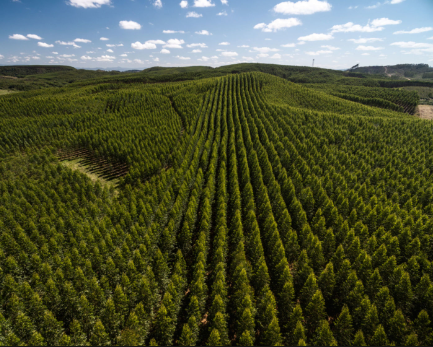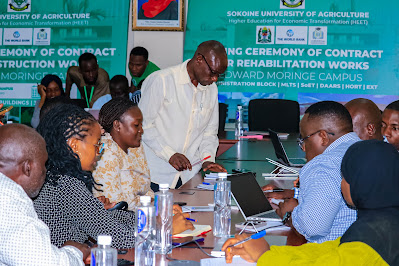Countries worldwide have pledged to plant millions of hectares of trees to offset their greenhouse gas emissions, but many of these efforts, as currently formulated, will do little or nothing to stem global warming and could jeopardize the world’s food supply and the rights of Indigenous Peoples and local communities, a new report warns.
The pledges are rooted in the concept of “net zero” emissions, where humans don’t pump more carbon into the atmosphere than the planet can absorb. Net zero can be reached by reducing emissions or by increasing absorption of CO2, and many industrialized countries have pledged to plant or restore forests to offset emissions.
But although the calculation looks straightforward on the ledger books, nature is more complex.
“It’s not that nature-based solutions are bad,” says CIFOR-ICRAF senior scientist Anne Larson, who will lead a panel discussing the new Land Gap Report on 11 November at the COP27 climate summit in Sharm El-Sheikh, Egypt. “Planting trees is good, but it needs to be the right tree in the right place and for the right purpose, and those decisions can’t be made without local people.”




